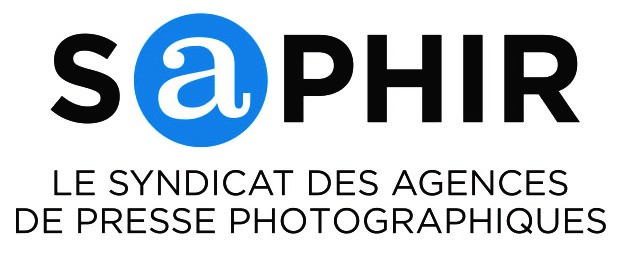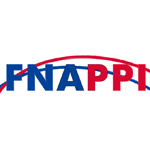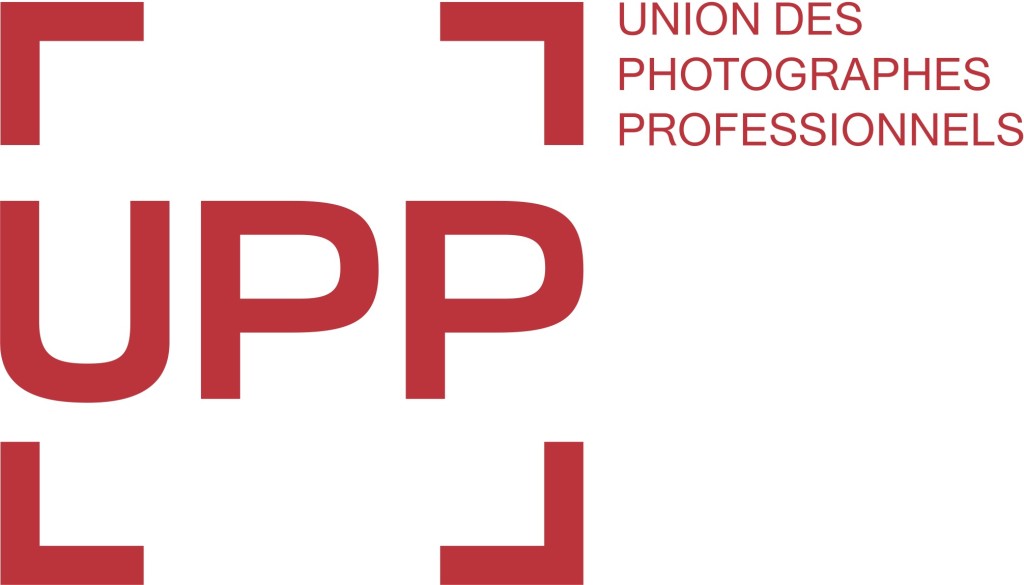Brussels, 15 September 2014
Dear Ms. Shaheed,
The undersigned entities welcome the opportunity to contribute to this consultation on the impact of intellectual property regimes on the right to science and culture (Article 15 of the International Covenant on Economic, Social and Cultural Rights (“ICESCR”).
Europe has a rich and culturally diverse creative sector, and Europeans today have access to more creative works than ever before. Over 230 licensed digital music services and over 37 million licensed songs are available in Europe, as well as 11,428 TV channels and over 3,000 on-demand audiovisual services. 535,000 new books and more than 2 million ebooks are published every year. Photography has become a 100% digital product only, with millions of photographs being uploaded and shared every day. 56% of Europeans use the internet for cultural purposes of which 53% use it to read newspapers, 55% to enjoy games and 42% to listen to the radio or music. 26% of employment and 39% of GDP in the EU comes from Intellectual property-intensive industries.
This European success story illustrates that the “right to take part in cultural life” and “the moral and material interests of the author” are two sides of the same coin. A sound framework for IP and copyright protection actually promotes and enhances everyone’s access to cultural life. Moreover copyright enables the sharing of culture across borders using different licensing schemes and price variations depending on the respective circumstances of each sector.
Indeed, Article 15 of the International Covenant on Economic, Social and Cultural Rights (“ICESCR”) itself states that everyone has the right:
(a) To take part in cultural life;
(b) To enjoy the benefits of scientific progress and its applications;
(c) To benefit from the protection of the moral and material interests resulting from any
scientific, literary or artistic production of which he is the author.
Unfortunately, the ineffective protection of creative works in many non European Union countries has diminished investment in the creation, financing and dissemination of culturally diverse works. In order to be in a position to create scientific, literary or artistic works, there must be sufficient incentives and efficient protection. This is true in Europe, but also overseas. In this respect, the Nigerian music and film industry recently called out for a more effective copyright protection12.his situation has broader cultural implications; for example, it has led many creators from developing countries to continue their careers and seek protection of their works in Europe. Conversely, when protection is available in a country it becomes attractive for creators, in Europe and elsewhere, to license distribution in that market, resulting in broader discovery and dissemination of cultural works while incentivising further creation.
If the United Nations’ objective is to improve access to cultural life and promote the creation of culturally diverse works at the same time, then the Special Rapporteur may wish to consider how the UN can further enhance its work (through WIPO and by other appropriate bodies) to encourage and improve respect for copyright. Without copyright, the very objective of Article 15 would be undermined as there will be less culture to access, thereby depriving society of both social and economic progress. We sincerely believe that such an approach would promote the creation and dissemination of new creative works around the globe to the benefit of both citizens and creators. Creativity will not work if we fail to protect creators.
We thank you again for this opportunity to contribute towards your work on this important matter and remain available for further information where necessary.
Sources:
1: http://allafrica.com/stories/201408290860.html
2: Speech of Mr. Alex Eyengho, President of the Association of Nigerian Core Producers (ANCOP) at the Conference on Distribution in the Nigerian Film Industry (Lagos, June 2014) called “The Legal Framework for Defending Intellectual Property Rights Nationally and Internationally – A Film Producer’s Perspective” available on request.
List of signatories
FERA – Federation of European Film Directors – Pauline Durand-Vialle – CEO – pdv@filmdirectors.eu
FSE – Federation of Screenwriters in Europe – David
Kavanagh – david.kavanagh@script.ie
CMP – International Confederation of Music Publishers -
Ger Hatton, Director General – ger.hatton@icmp-ciem.org
CEPI – European Coordination of Independent Producers – Elena Lai, Secretary General – cepi@europe-analytica.com
Premier League – Mathieu Moreuil – Head of European
Public Policy – mmoreuil@premierleague.com
IMPALA – Independent Music Companies Association – Helen Smith, Executive Chair – hsmith@impalamusic.org
FIAD – International Federation of Film Distributors
Associations – Jelmer Hofkamp, Secretary General -
jelmer.hofkamp@fiad.eu
IVF – International Video Federation – Publishers of
Audiovisual Content on Digital Media and Online – Johan
Schlüter – President – info@ivf-video.org
FIAPF – International Federation of Film Producers
Associations, Benoît Ginisty, Director General -
b.ginisty@fiapf.org
UNIC – International Federation of Cinemas – Jan
Runge – CEO – jrunge@unic-cinemas.org
FEP – Federation of European Publishers – Anne Bergman -
Director – abergman@fep-fee.eu
CEPIC – Center of the Picture Industry – Sylvie Fodor -
Executive Director – s.fodor@cepic.org
ISFE – Representing the European Videogame Industry -
Simon Little – Managing Director – simon.little@isfe.eu
ACT – Association of Commercial Televisions in Europe,
Ross Biggam, Director General – rb@acte.be – and Emilie
Anthonis – ea@acte.be
MPA – Motion Picture Association, Chris Marcich -
President and Managing Director MPA EMEA -
Chris_Marcich@mpaa.org – Stan McCoy – SVP & Regional
Policy Director EMEA – Stan_McCoy@mpaa.org – and Marc
du Moulin – EU Affairs Director EMEA -
Marc_Dumoulin@mpaa.org
Bundesliga – Stefan Brost – Head of EU Office – stefan.brost@dfb-dfl.de
















